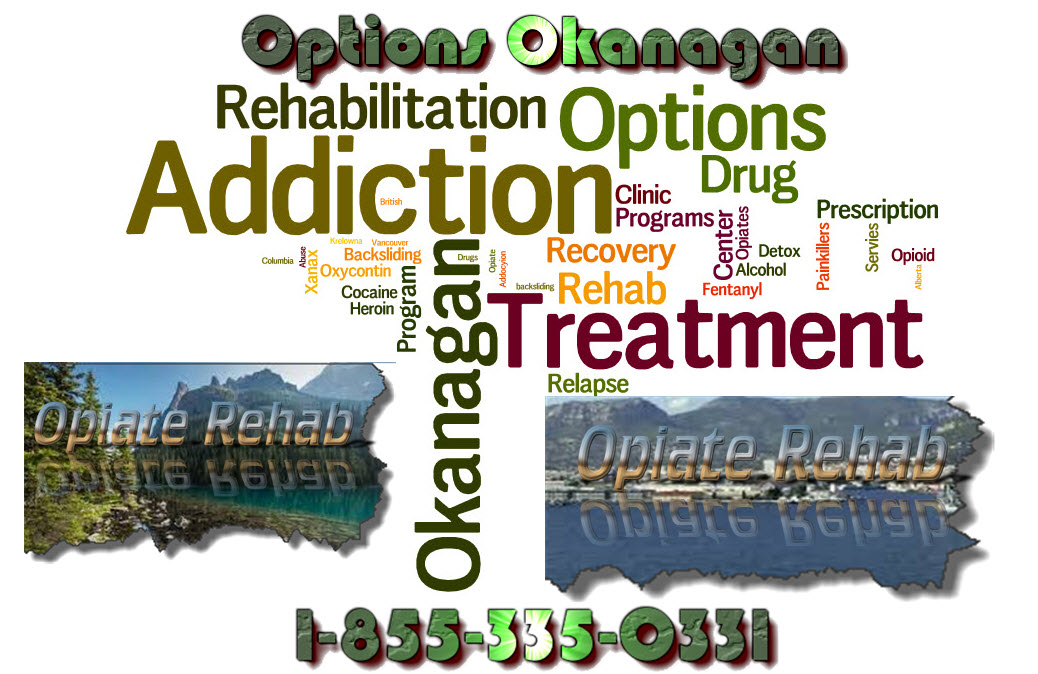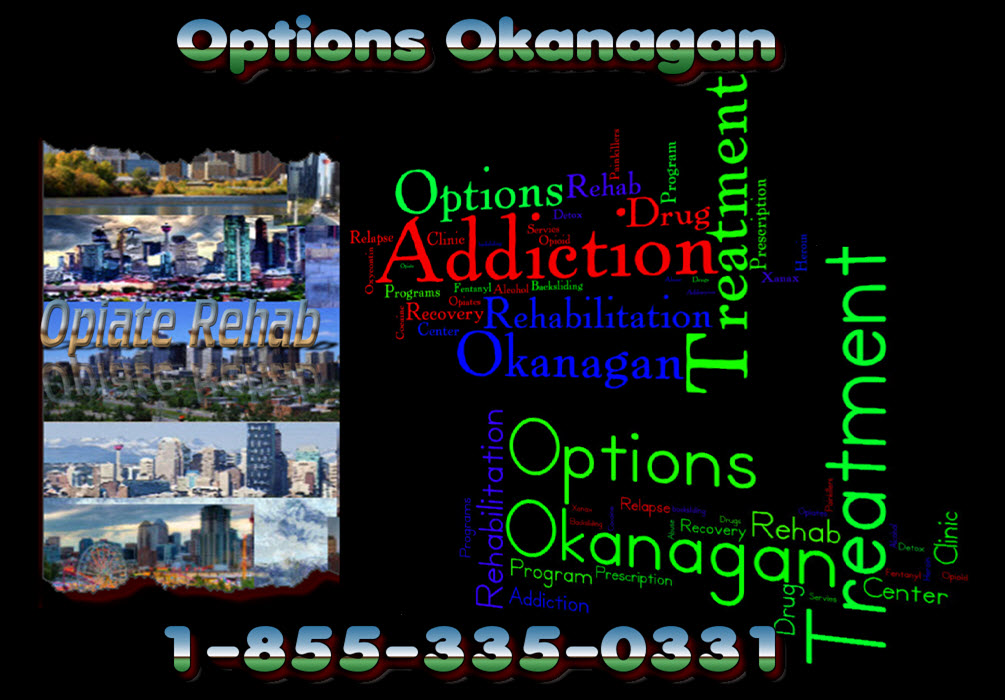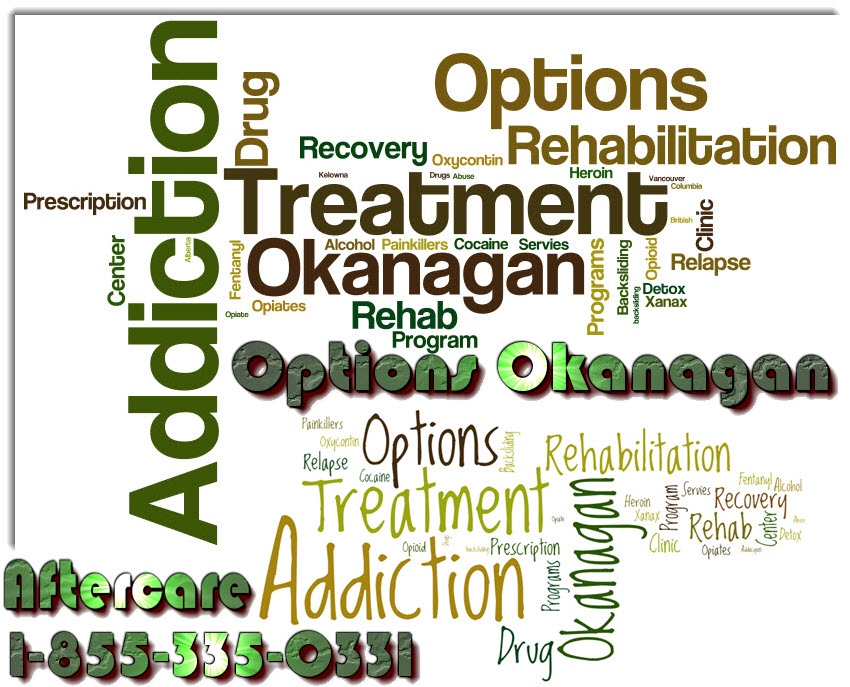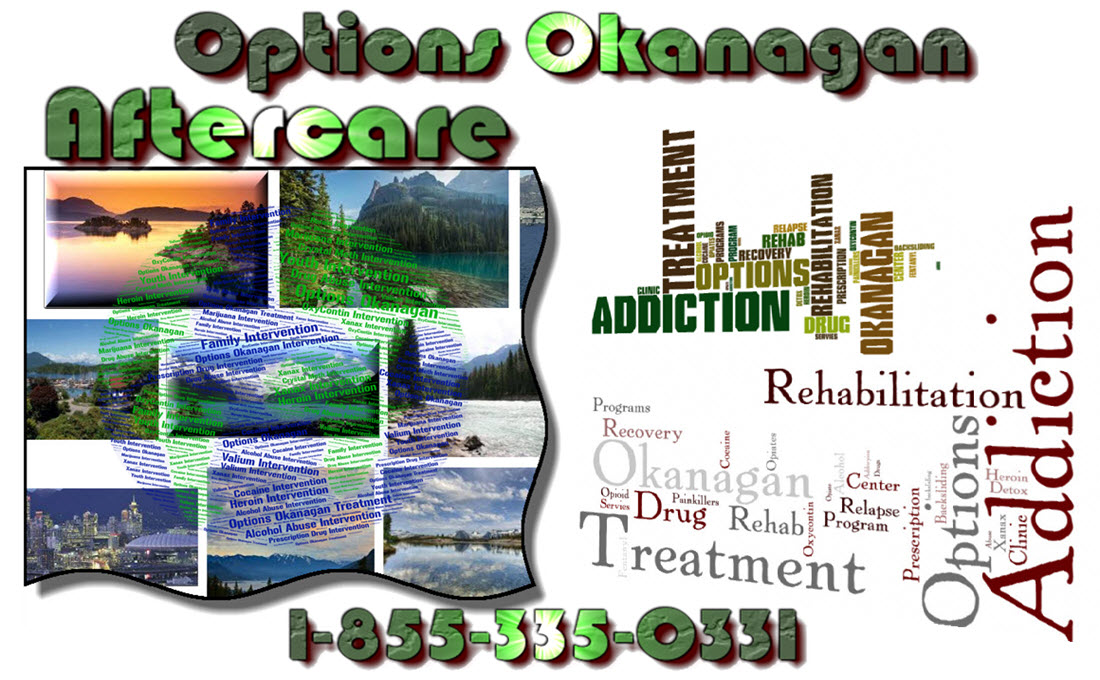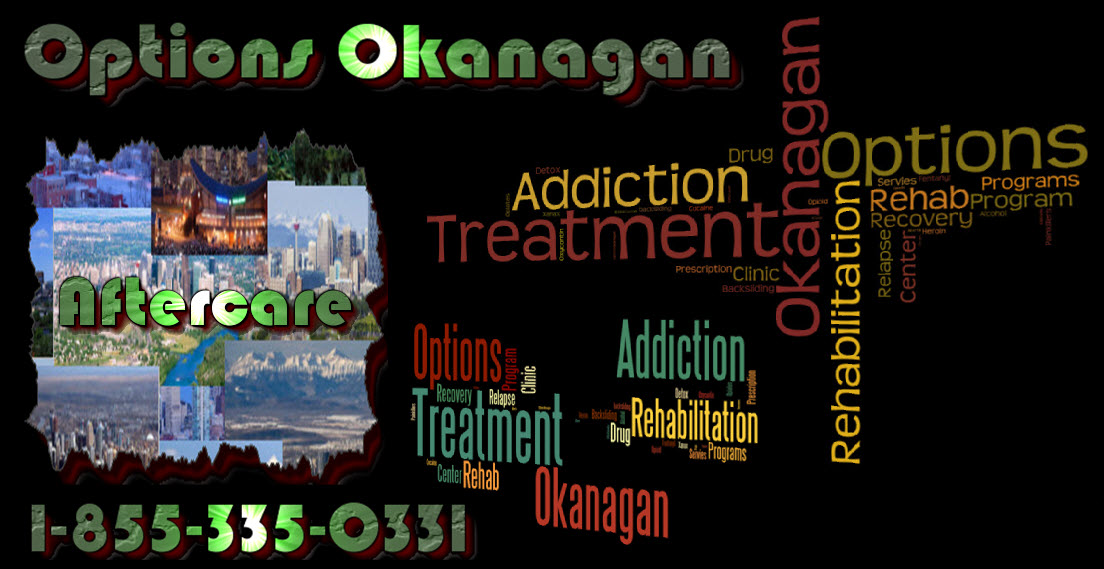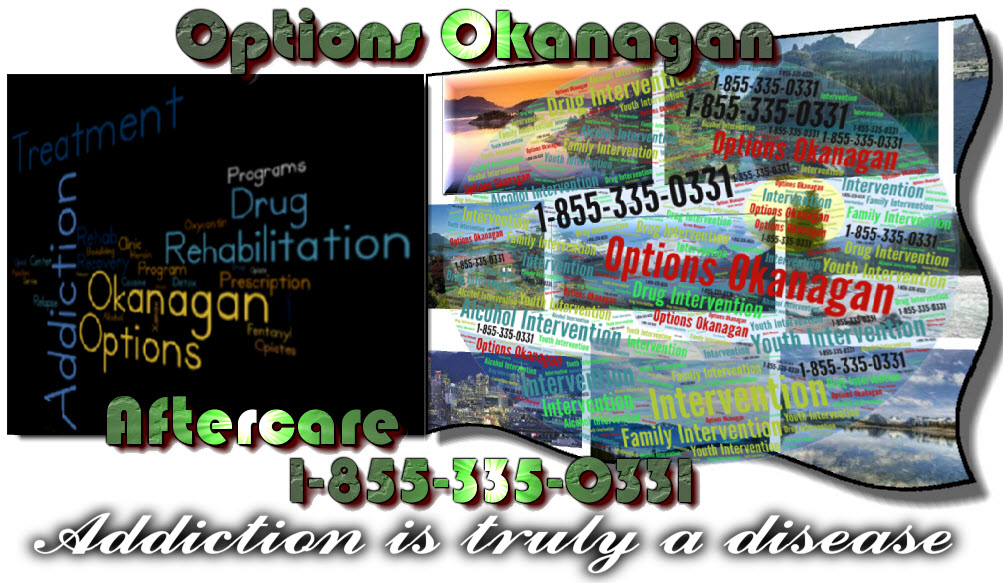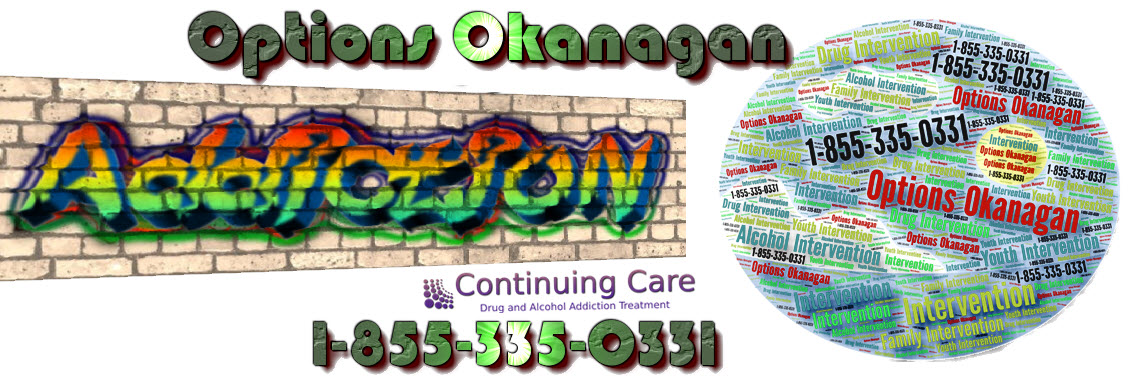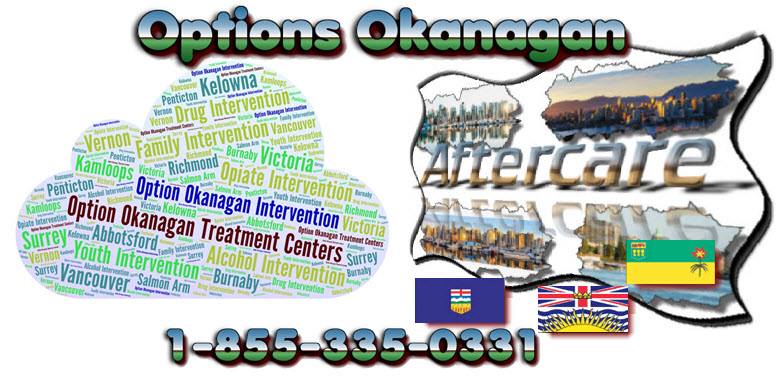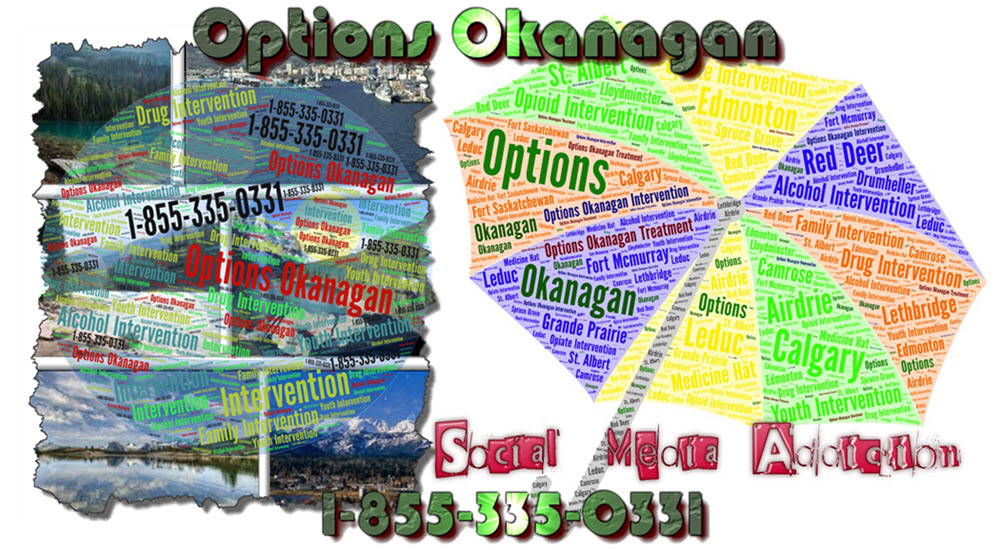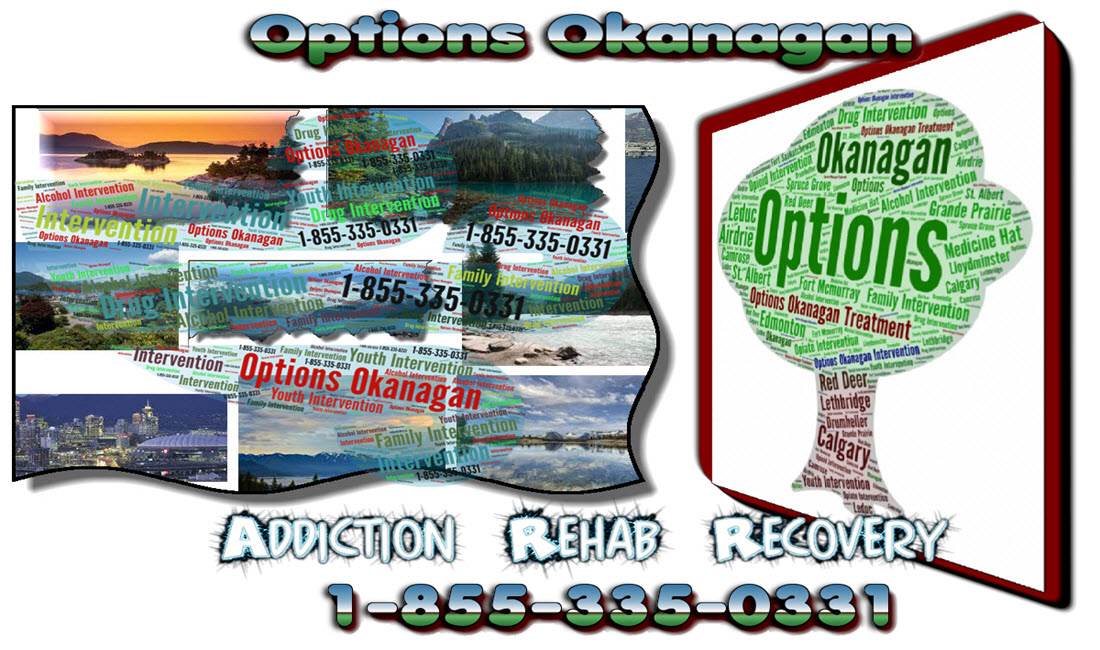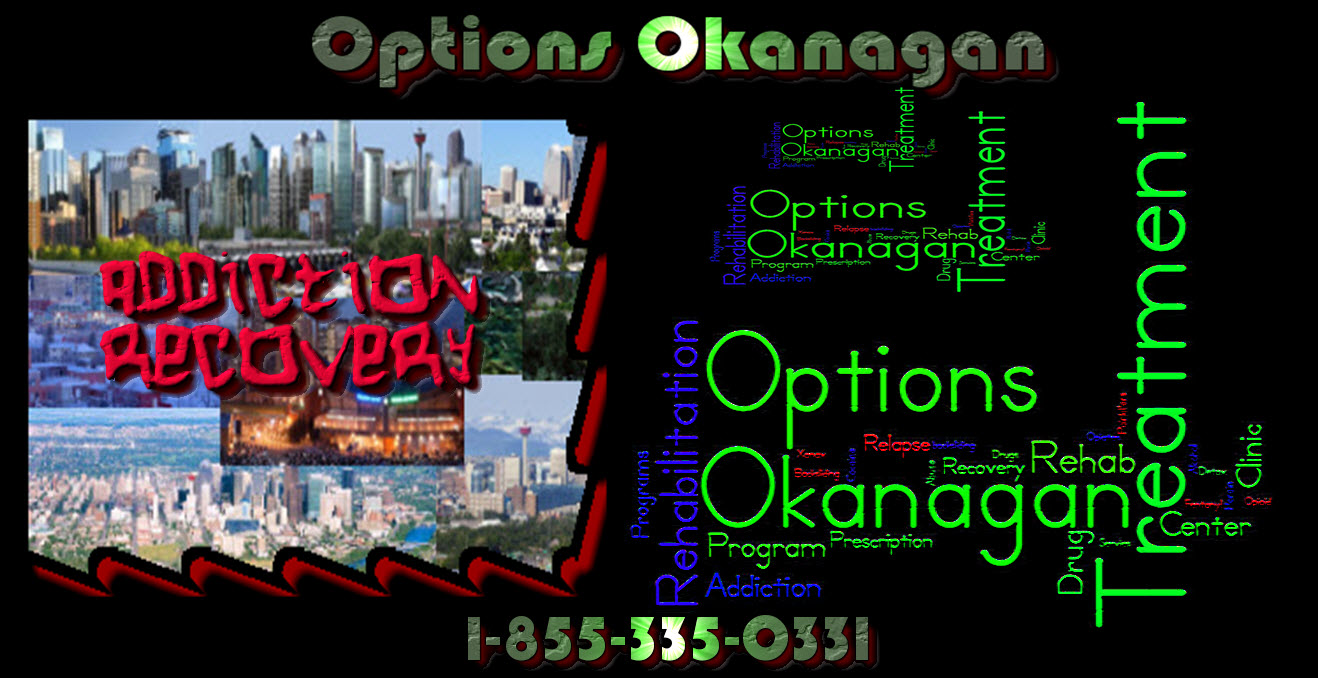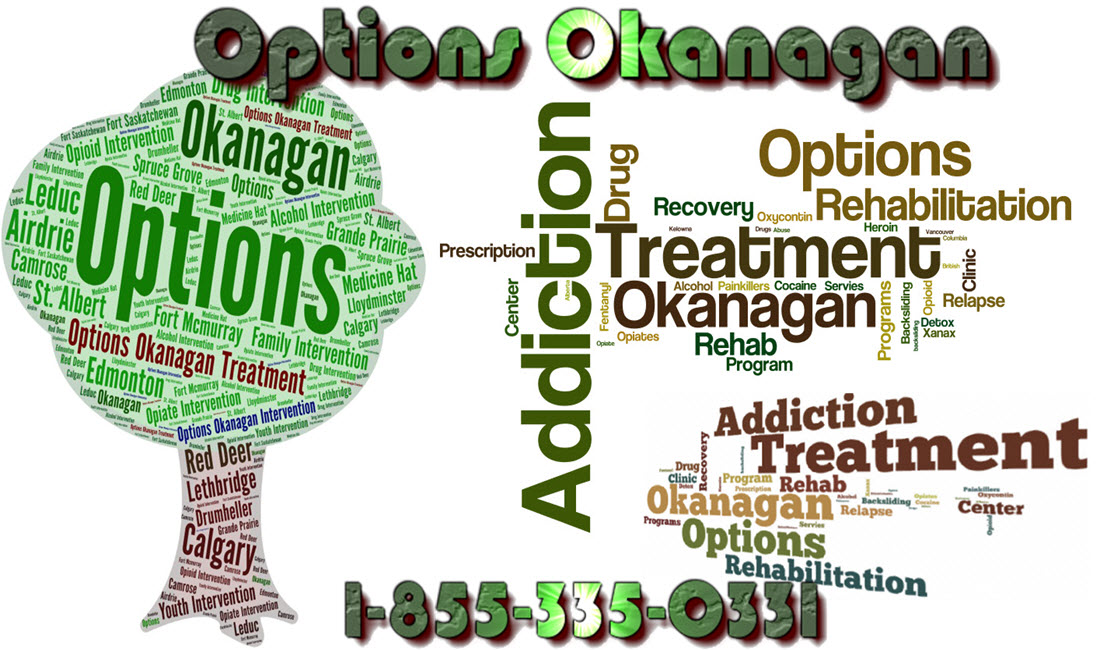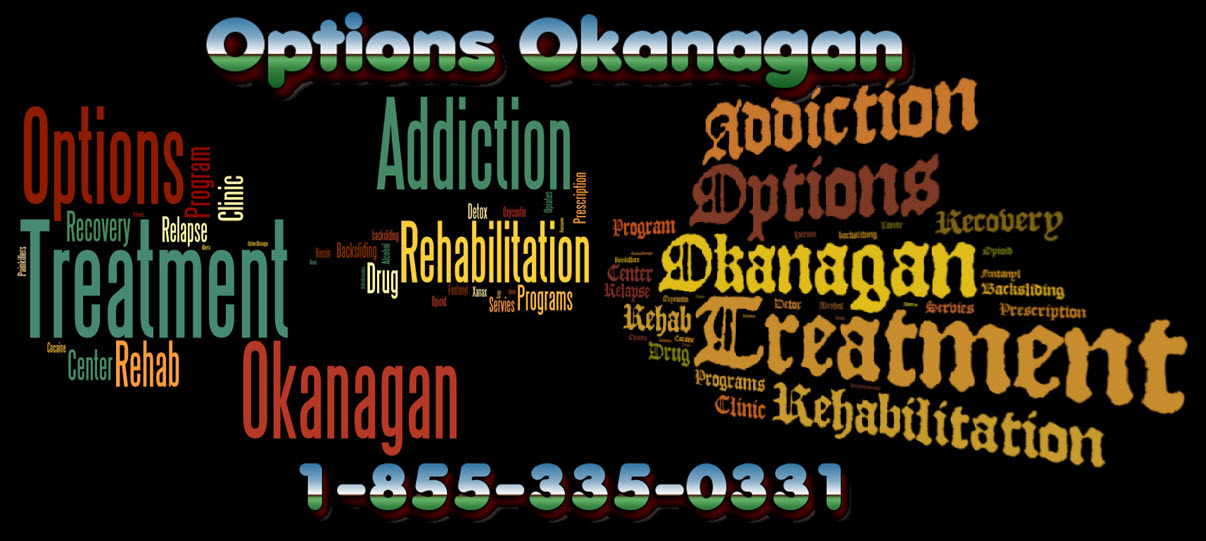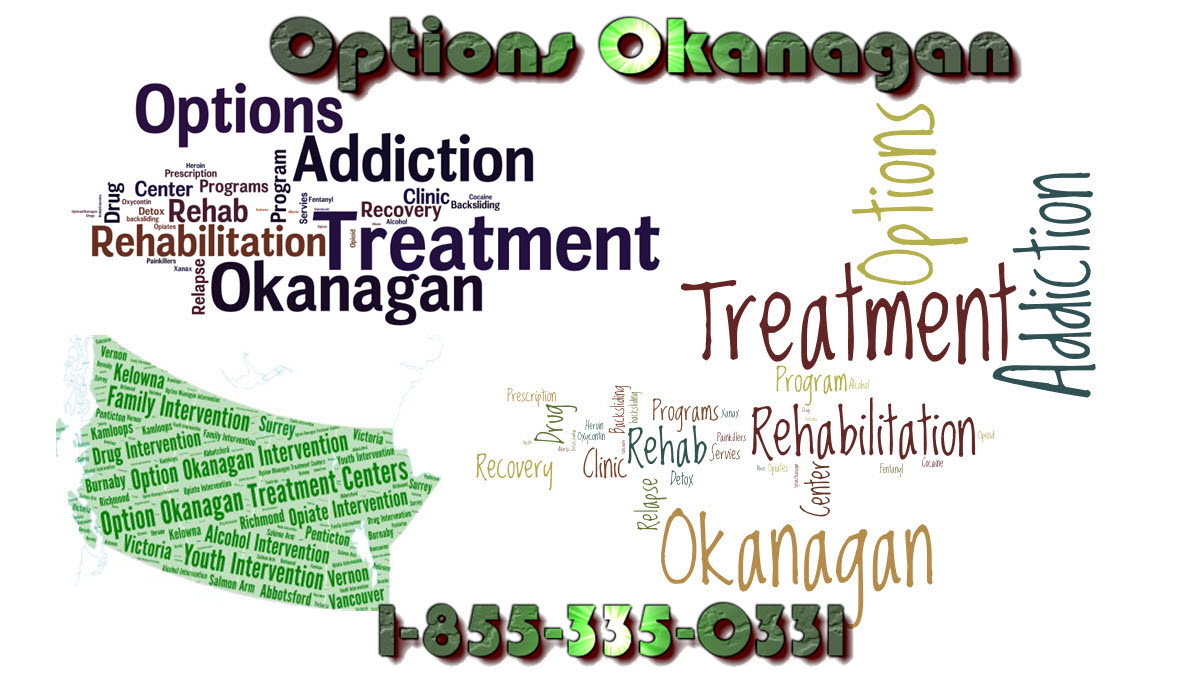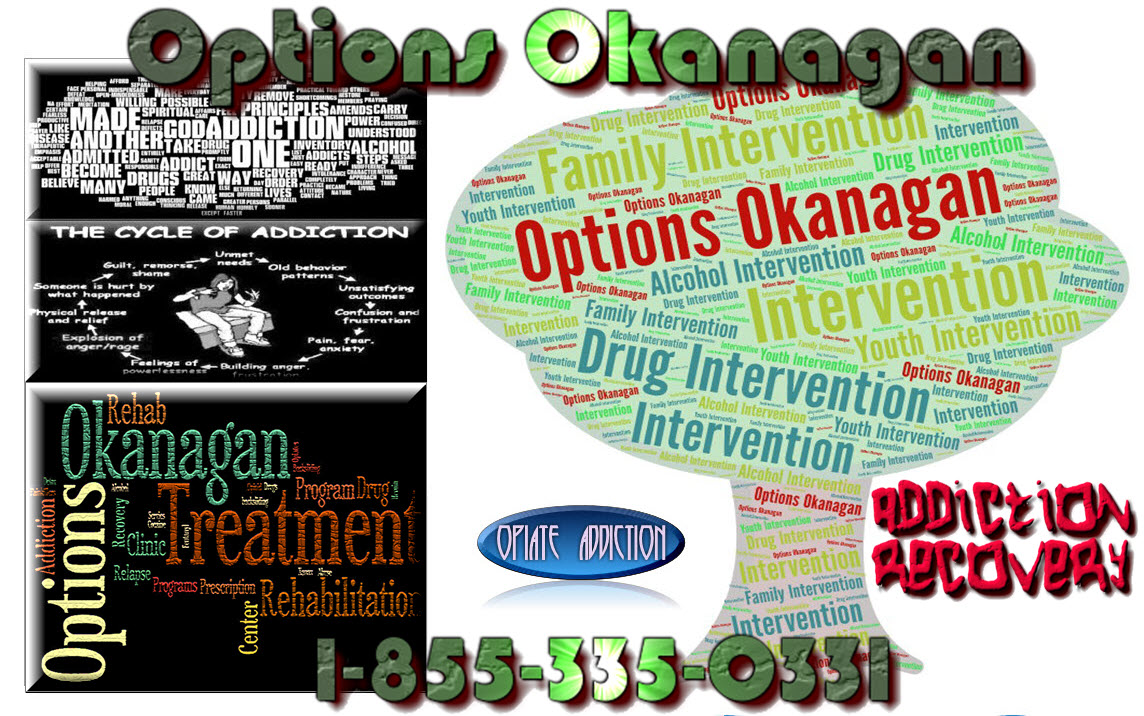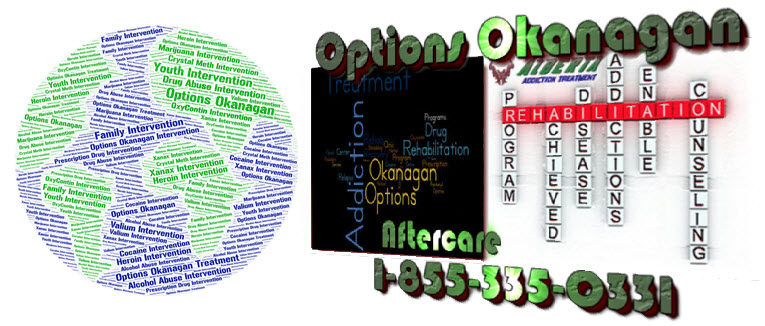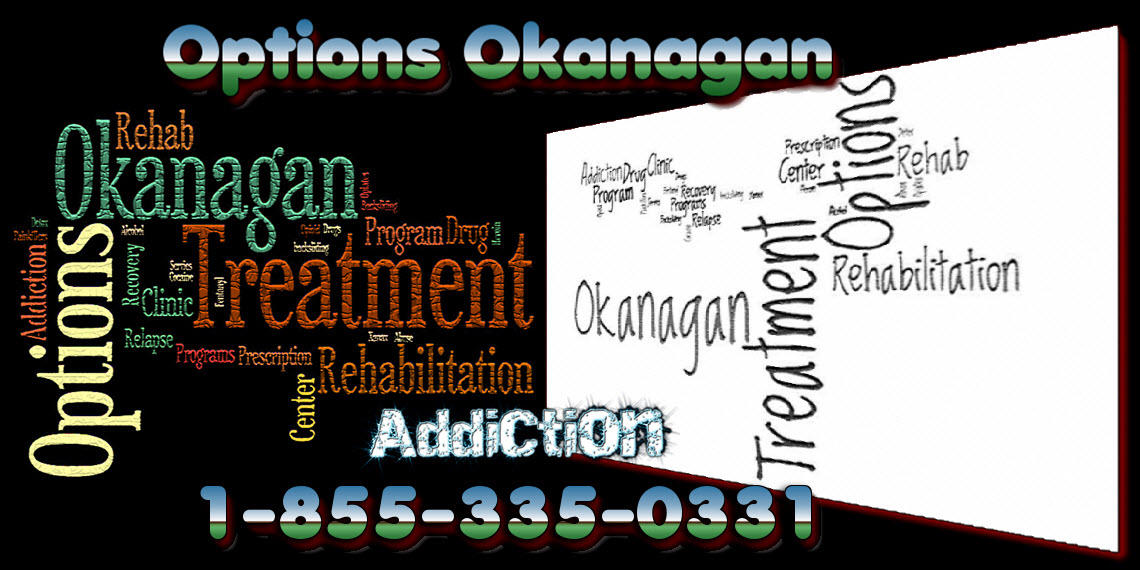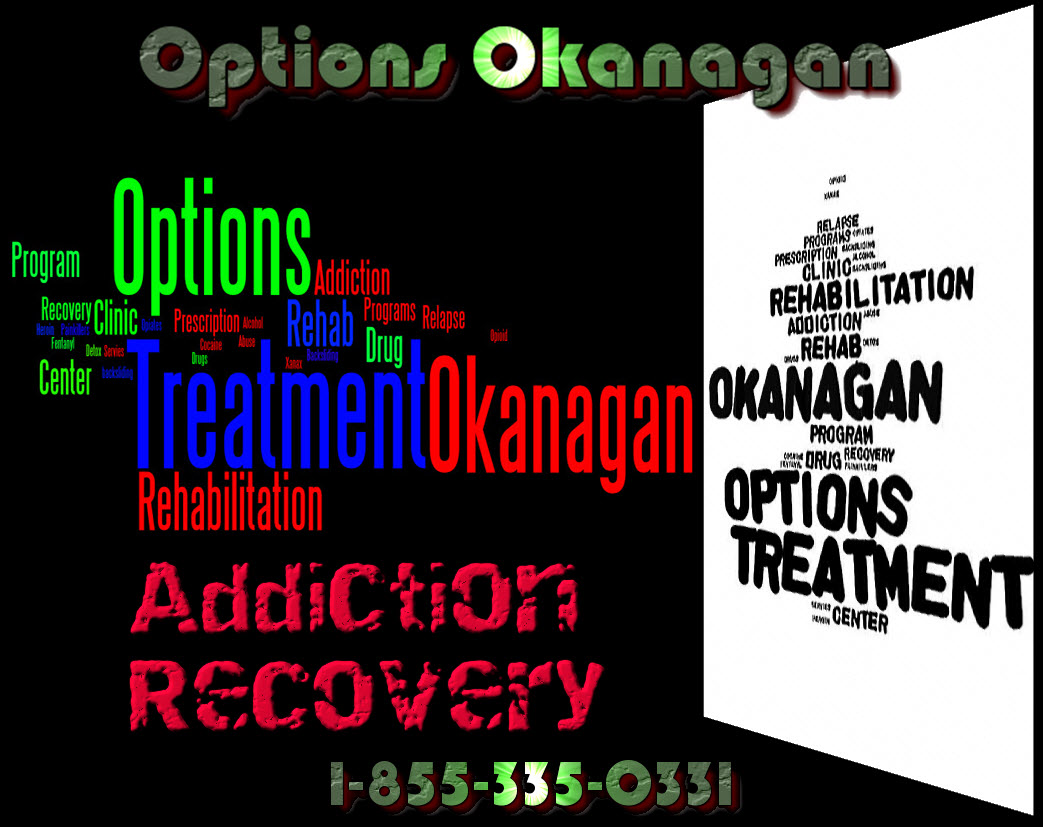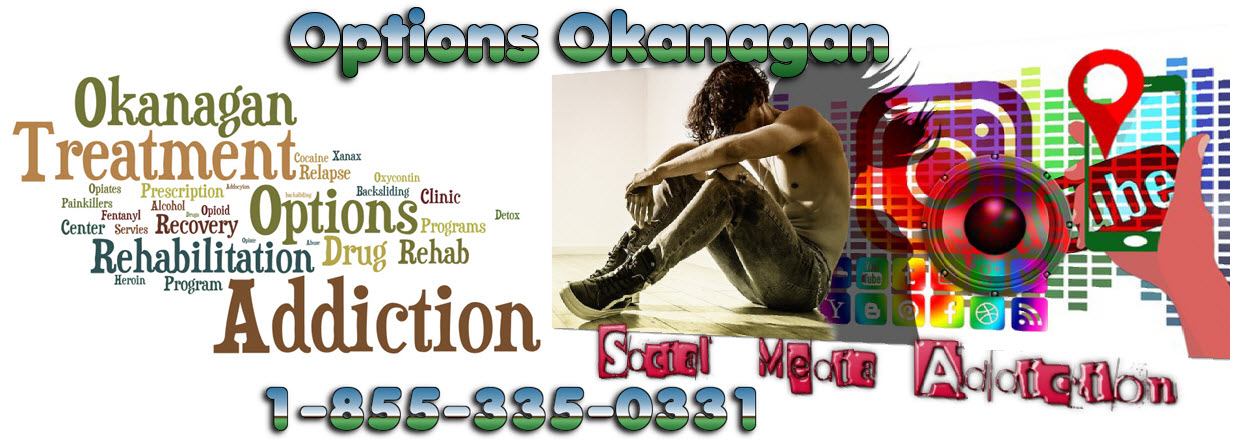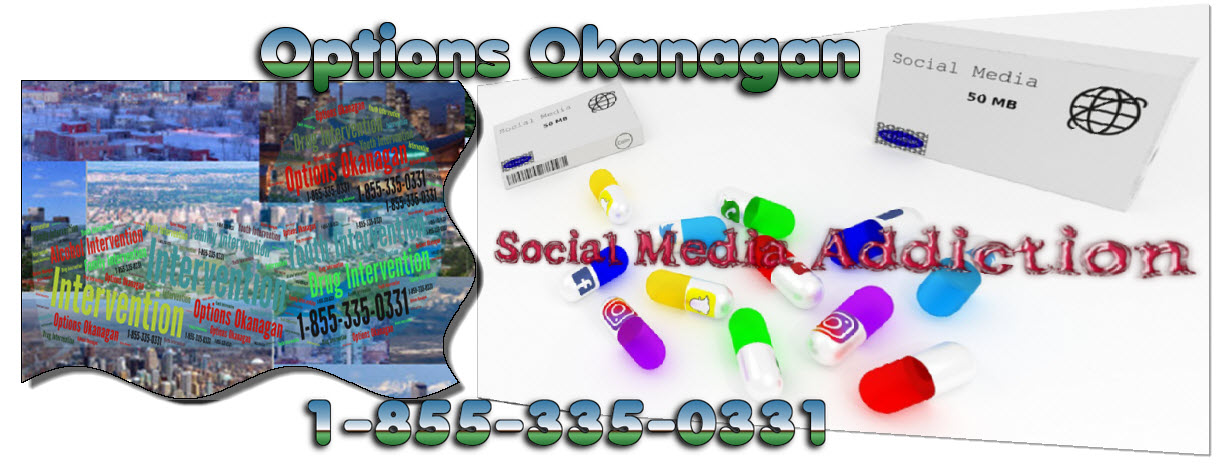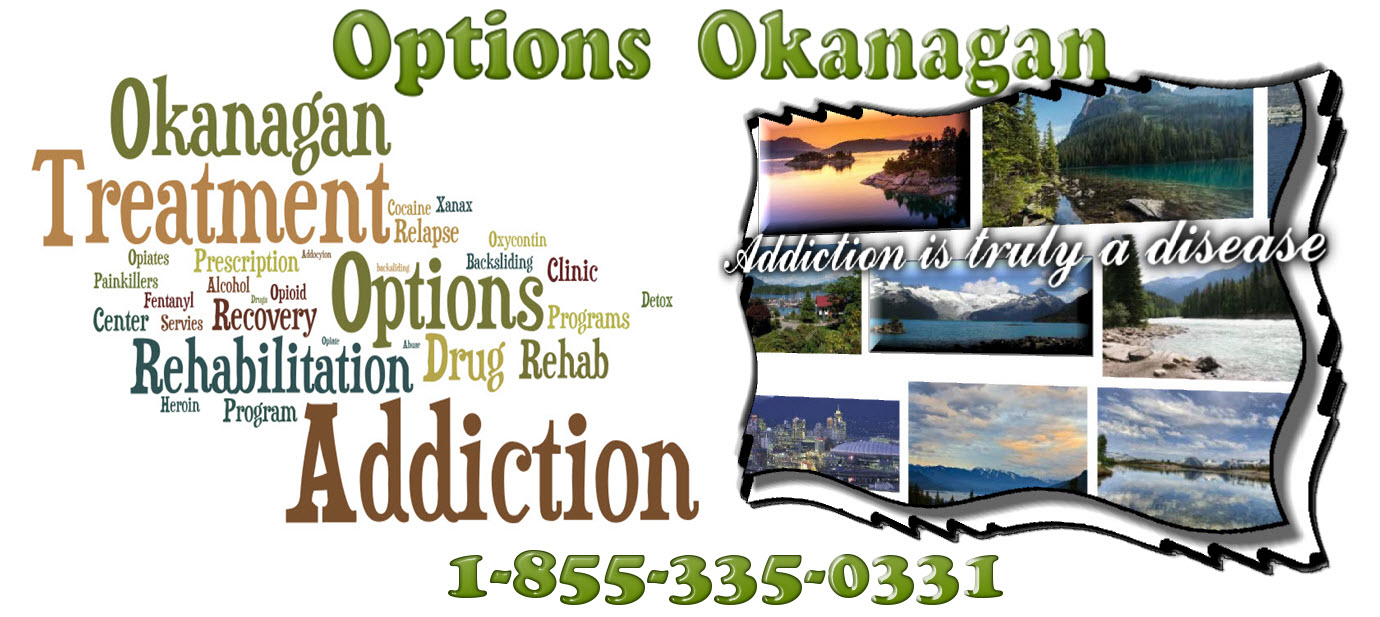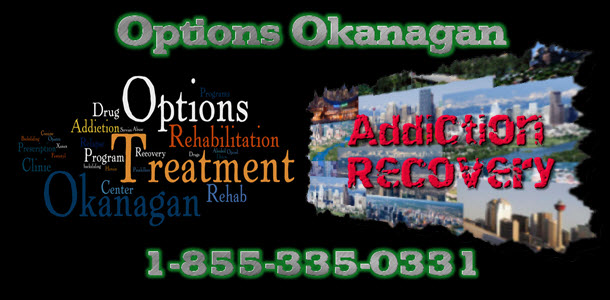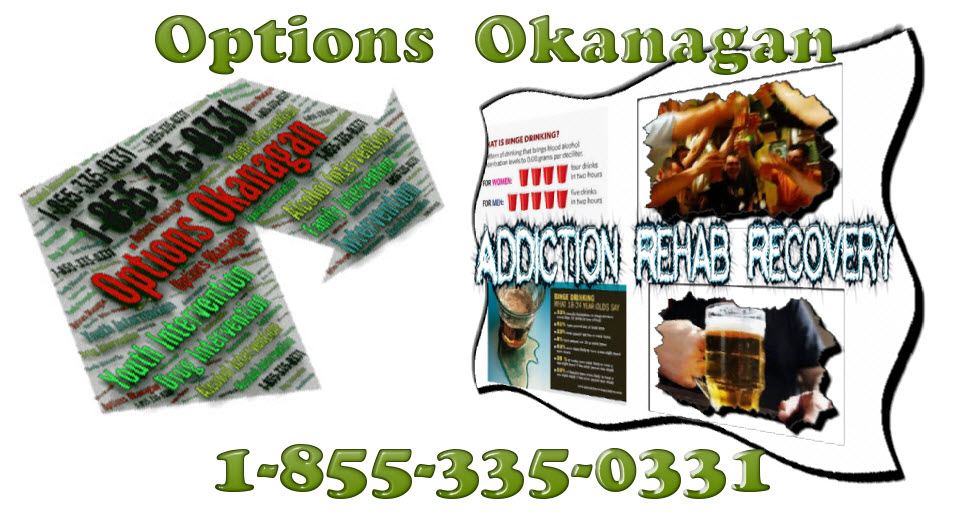The facts about opiate dependency and how this can be treated | Drug Opioid Rehab and Interventions in Alberta and British Columbia – Options Okanagan Treatment Centers in Kelowna, British Columbia treating drug, opioid, fentanyl, heroin and alcohol addiction and recovery.
Opiate Rehab In BC and Alberta
While they may not be talked about quite as much as some of the other drugs on the street, opiates are known for having a long history in terms of abuse. In fact, alcohol is the only product that has a longer abuse history than opiates. In North America there are millions of people who are addicted or using and abusing opiates.
Opiates are actually a class of drug, meaning there are numerous street drugs that are part of this category. Solutions for opiate addicts have been a subject of concern over decades and this can only mean that there are substance abuse treatment and rehabilitation centers that can help those addicted to opiates.
Besides gradual refinements of older, effective treatments for opiate addiction, sufferers can also look to new, cutting edge treatment options. One of the reasons why opiate addiction can be difficult to treat is that they are used medicinally as well as illegally. When used for medicinal purposes, opiates are not going to cause any great side effects, however, when addictions arise, there are many side effects that people are unaware of.
Opiate addiction cannot be blamed on the introduction of such prescriptions by medical professionals alone. Opiates are all around us on the streets and even if they weren’t used in the medical field they would still be in use today.
Medical regulation helps to keep people from taking more opiates than they should thus developing a high tolerance to the drug. Where is the line drawn when defining addiction with opiates? Real opiate addicts have an obsessive need to protect and maintain their access to their drug of choice. This obsession makes ordinary life difficult or even impossible. At the same time, abusers are often preoccupied with thoughts of recovery or reducing the amount they use. Most opiate addicts are torn between their very real need for the drugs and the obvious damage they’re causing.
There are many narcotics that are in the opiate spectrum, these include pills and heroin. Once in the grip of opiate addiction, some people lose control of all other aspects of their life. Others manage a delicate balancing act and keep up a facade of normalcy.
With time and influence, one situation can lead to another, making the addiction worse. And it is therefore easy for opiates to lure people into trying stronger drugs because of building a tolerance and being under the influence of other opiate abusers as they look for the drugs they need in the streets.
Opiate tolerance comes about as a result of the body’s nerve receptors establishing a resistance to the opiates. This can lead to an increase in opiate use, and too much use could cause an overdose to occur.
The first step in opiate treatment is detoxification so that you can try to rid your body of the drugs that are taking over. Many withdrawal symptoms can take place, making most addicts very uncomfortable, irritable and even feel as though they are getting sick. For the most chance of success, it is important that any addiction withdrawal is overseen by a licensed medical professional.
When searching for possible opiate addiction treatments, patients needs to keep in mind that there isn’t one treatment method that will work for everybody. In most focused treatment centers, customizing the treatment approach to suit the individual patient is considered vital.
There will be physical symptoms of addiction and withdrawal, in addition to psychological symptoms. Opiate addiction, unfortunately has been lately dealt with by “maintenance treatment” manner. This is where a person would still be given opiates, just scaled back until they can hopefully become free of the hold that they have.
Methadone is the drug of choice employed in maintenance treatment today. This at least enables addicts to halt the downward spiral of opiate addiction. Hopefully, with all the recently discovered addiction treatment methods, more people will wind up kicking their habit permanently instead of just having to settle for “maintenance treatment.”
Opiate Relapse Drug Rehab Intervention In Alberta and BC
Options Okanagan Opiate and Alcohol Treatment Centers in Kelowna, Salmon Arm and Vancouver, British Columbia – Men and Women are recovering and healing from Alcohol and Drug Abuse at our treatment center here in the Okanagan right now.
Our unique and distinctive Opiate Drug and Alcohol treatment program allows men and women to come in from Calgary as well as Edmonton as we offer airport pickup.
Numerous clients come to us from Vancouver, Calgary and Edmonton and other locations in Alberta and even other provinces for Opiate addiction treatment, heroin drug treatment, many other drug and alcohol addictions for rehabilitation because of the uniqueness of our treatment center.
Our (Kelowna ) Alcohol and Drug Treatment Program Location:
(Not Mailing Address) Contact Us – Web Page
For Mail Delivery :: Please contact each center for correct mailing addresses, also this location is the location of our residential treatment programs in Kelowna. Please call Toll Free 1-855-335-0331 to contact the treatment center you are going to for the address and directions.
Options Okanagan Drug and Opiate Treatment Center
551 Sherrydale Crescent, Kelowna, British Columbia, V1V 2E6
Toll Free Phone Number : 1-855-335-0331


